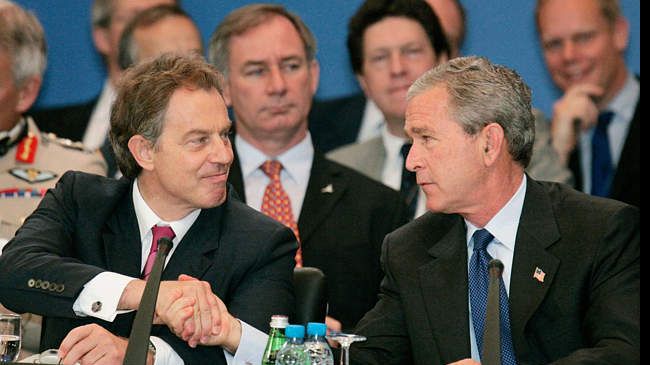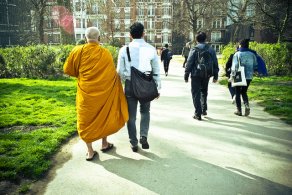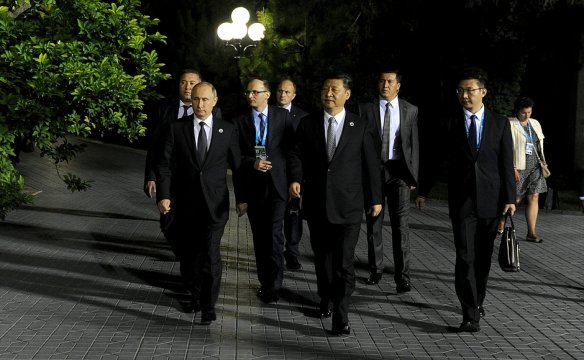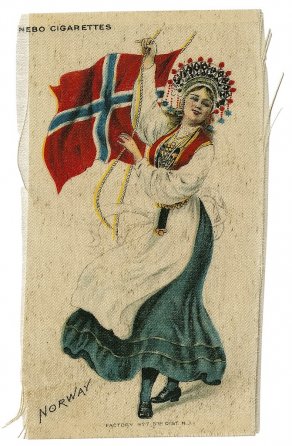
Original in Einar Økland’s private collection, digital reproduction by Bergen Public Library
The 22 July attacks, now five years ago, bore horrific testimony to what an ideology of exclusion and hatred, at the hands of one man, can do. Whilst the terror was of such a scope that the moment called for a unified response, ideological cleavages along the Eurabia, anti-Islam, and anti-immigration lines soon re-emerged in public debate and on social media.
Meanwhile, the conundrum of how collective identities and shared understandings of who ‘we’ are as a democratic society, post-22 July, remains. The reality of our multicultural, diverse society is lived on an everyday basis, though unequally distributed, across the country and within cities like Oslo.
The resilience of shared collective identities, reflected in the post-22 July ‘rose marches’, remains within Norwegian society. The immediate unity, as a response to the 22 July, was arguably in its widest articulations a fragile unity, one based around an understanding that what we share, at least, is that we do not condone the terrorist’s actions, and we want to change our society through democratic means, and not violent ones. That was reflected in the focus on openness, on democracy.
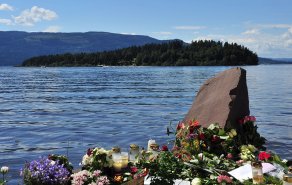
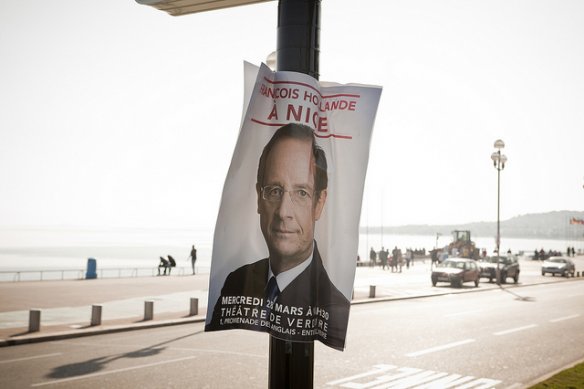
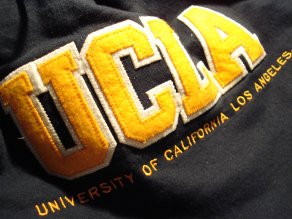 Wednesday June 1st was my last day of Spring Quarter teaching at UCLA. At 9:50am, a BruinAlert trickled into my inbox announcing “Police Activity at Engineering Building 4. Avoid area until further notice” and a few minutes later “Shooting at Engineering 4. Go to secure location and deny entry (lockdown) now!” I did not notice, as I was busy preparing for my review lecture at 11:30am; I also did not see the flood of e-mails from students starting at 10am saying: “I just heard there’s a shooter loose on campus and I’m staying home”. At 10:15am, NBC interrupted its regular programming to announce that a shooting event was reported in progress at UCLA; the news helicopter was already on the way.
Wednesday June 1st was my last day of Spring Quarter teaching at UCLA. At 9:50am, a BruinAlert trickled into my inbox announcing “Police Activity at Engineering Building 4. Avoid area until further notice” and a few minutes later “Shooting at Engineering 4. Go to secure location and deny entry (lockdown) now!” I did not notice, as I was busy preparing for my review lecture at 11:30am; I also did not see the flood of e-mails from students starting at 10am saying: “I just heard there’s a shooter loose on campus and I’m staying home”. At 10:15am, NBC interrupted its regular programming to announce that a shooting event was reported in progress at UCLA; the news helicopter was already on the way.